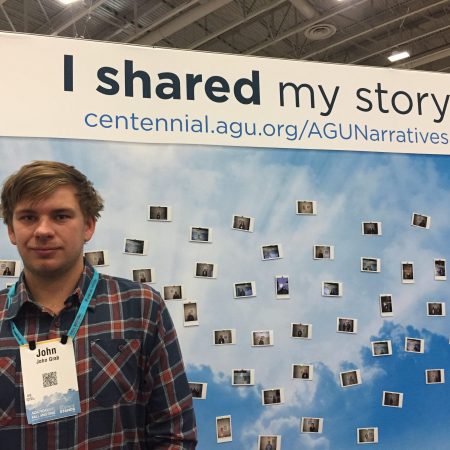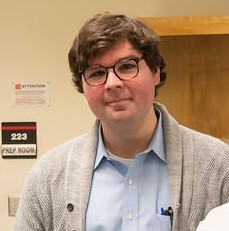Refine
Date Range Clear
Recorded by Clear
Keywords Clear
- volcanolgy 164
- Venus 164
- mars 164
- #AGU 164
- #AGU100 162
- NASA 59
- discovery 54
- #womeninscience 28
- Advice 25
- 377 more
Partnerships Clear
- No matching terms.
Organizations Clear
- American Geophysical Union 31
- National Aeronautics and Space Administration 8
- The American Geophysical Union 4
- American Geopysical Union 3
- NASA 2
- 11 more
Places Clear
- Washington DC 164
- AGU 2018 Fall Meeting 157
- AGU Fall Meeting Program Commitee 3
- AGU 100 Fall meeting 1
- Leadership Development Commitee 1
- 1 more
Languages Clear
- No matching terms.
Initiatives Clear
- No matching terms.
In this inspiring interview, Becca Barnes, Bianca Rodriguez-Cardona, Evelyn Valdez-Ward, and Ben Sulman, four early-career biogeoscientists come together to share their reflections on what it means to be a scientist today. How can scientific knowledge be spread on social media?...
Roberta Rudnick, Professor at University of California Santa Barbara, was captivated by science from a young age, witnessing the Mt. Saint Helens eruption while in college, and traveling the globe to understand plate tectonics, and how and why continents form...
Is it a good time to be a climate scientist? Yes, says Phil Mote, Director Oregon Climate Change Research Institute at Oregon State University. Predictions over the past 40 years are coming true and while some look at that with...
Emily Schaller, project manager at NASA's National Suborbital Research Center at Ames, discusses her Ph.D. work studying the clouds on Titan and her work as a science and education. She recalled how as a young child, she would study illustrations...
Paul Newman, Chief Scientist for Earth Science at NASA Goddard Space Flight Center and the co-chair to the Montreal Protocol, is one of the planet’s top ozone watchdogs – a self-described detective who looks for any chemicals which may deplete...
From her teaching position at National Taiwan University, Haojia Abby Run is studying nitrogen-related pollution by fossil fuels and fertilizers and warning people in Taiwan of its damage to the ocean. A female Asian oceanographer, who grew up in China’s...
Conor Nixon, a space scientist at NASA--Goddard Space Flight Center, discusses his work studying the outer planets. Watching the Cosmos show growing up interested him in the solar system and he's been studying the outer planets most of his life....
Mei Zheng studies and teaches atmospheric science at Peking University. She’s passionate about training the next generation of scientists, and ensuring that everyone has access to clean air. “A teacher’s job is to encourage, inspire, and challenge students to do...
Jeremy Werdell, an Oceanographer in the Ocean Ecology Laboratory at NASA Goddard Space Flight Center, discusses his lifelong passion for studying the ocean, which started with a school field trip to a marine biology lab. He describes how happening to...
Tom Krimigis works at the Johns Hopkins University Applied Physics Lab, and was previously the principal investigator for the Voyager I and Voyager II missions. A student of Van Allen, Tom built detectors to search for Van Allen belts on...
Rachel Hampton ended up in the geosciences because she couldn’t find the art history class she was looking for. From asking a TA if she could join him on fieldwork to doing her senior thesis on volcanoes without a professor...
Space Plasma physicist, Daniel Verscharen of the Mullard Space Science Laboratory - part of University College London based in the Surrey countryside - is drawn to fast things- fast moving electrons in space plasma and a fast timeline to propose...
John Booker Grab grew up in New Mexico and remembers, at the age of 8, running out the back door into the Santa Fe National Forest to go and collect fossils. He then went on to study at Montana State...
Rafael Loureiro may confess to being an introvert, but he has no fear of people. He started off talking about AGU’s Voices of Science bootcamp, which he is participating in this year to develop his spokesperson skills. That segued into...


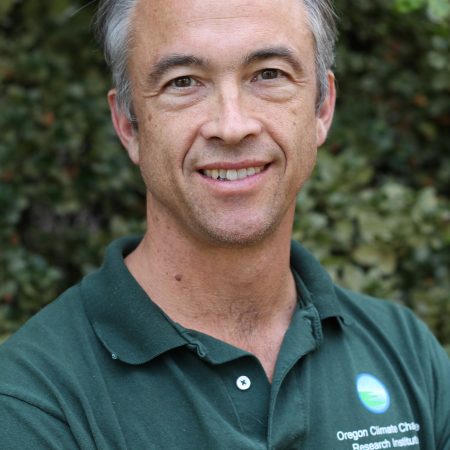


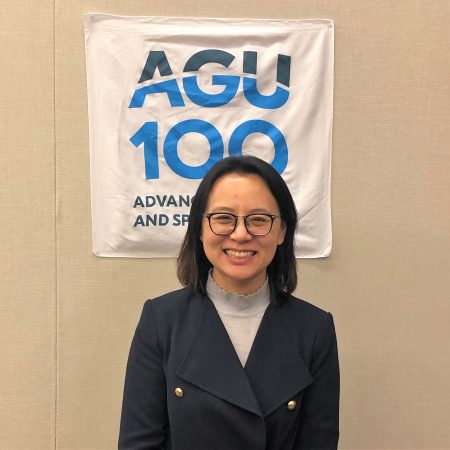
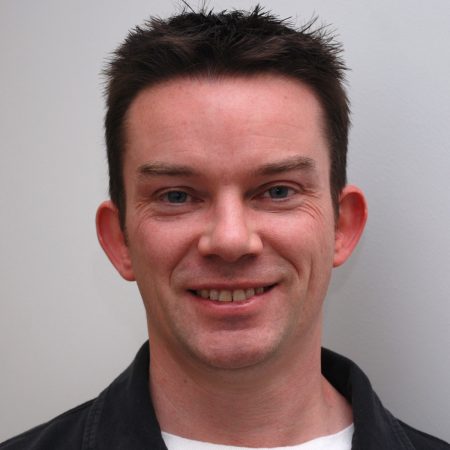
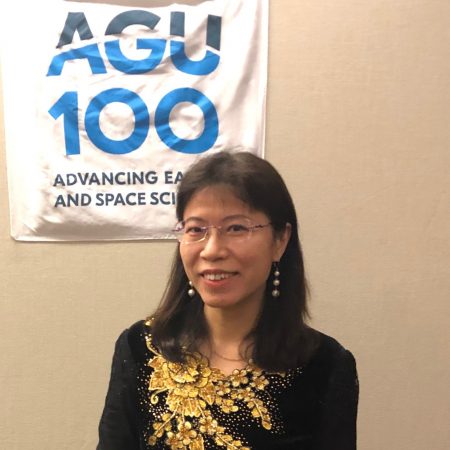
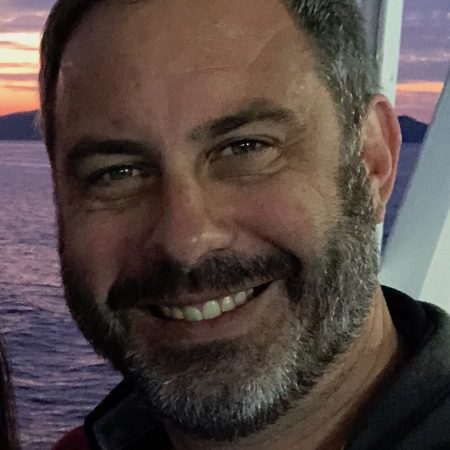
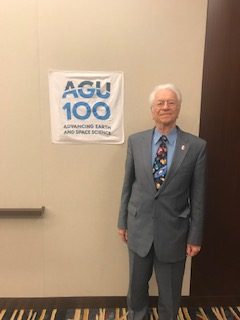
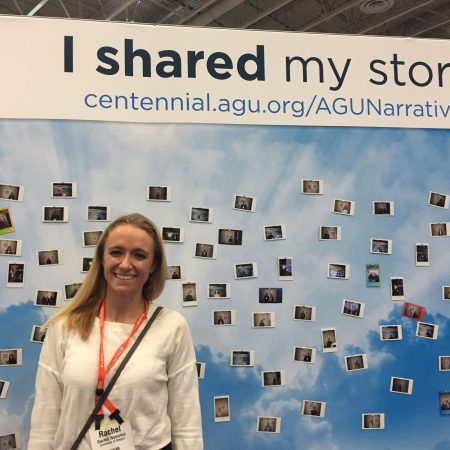
!["[It is] not just working on something for yourself but that this all fits into a bigger picture." an interview with Daniel Verscharen](https://archive.storycorps.org/uploads/2019/03/181212_Verscharen-450x450.jpg)
